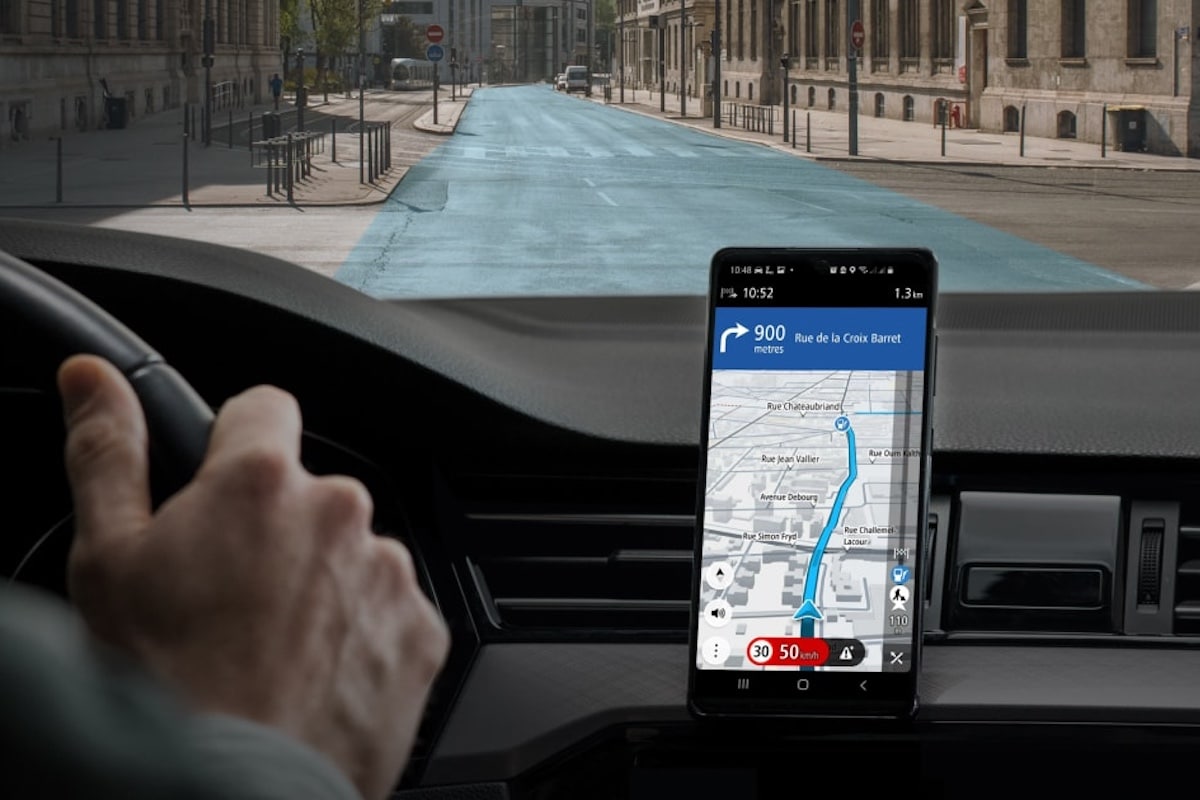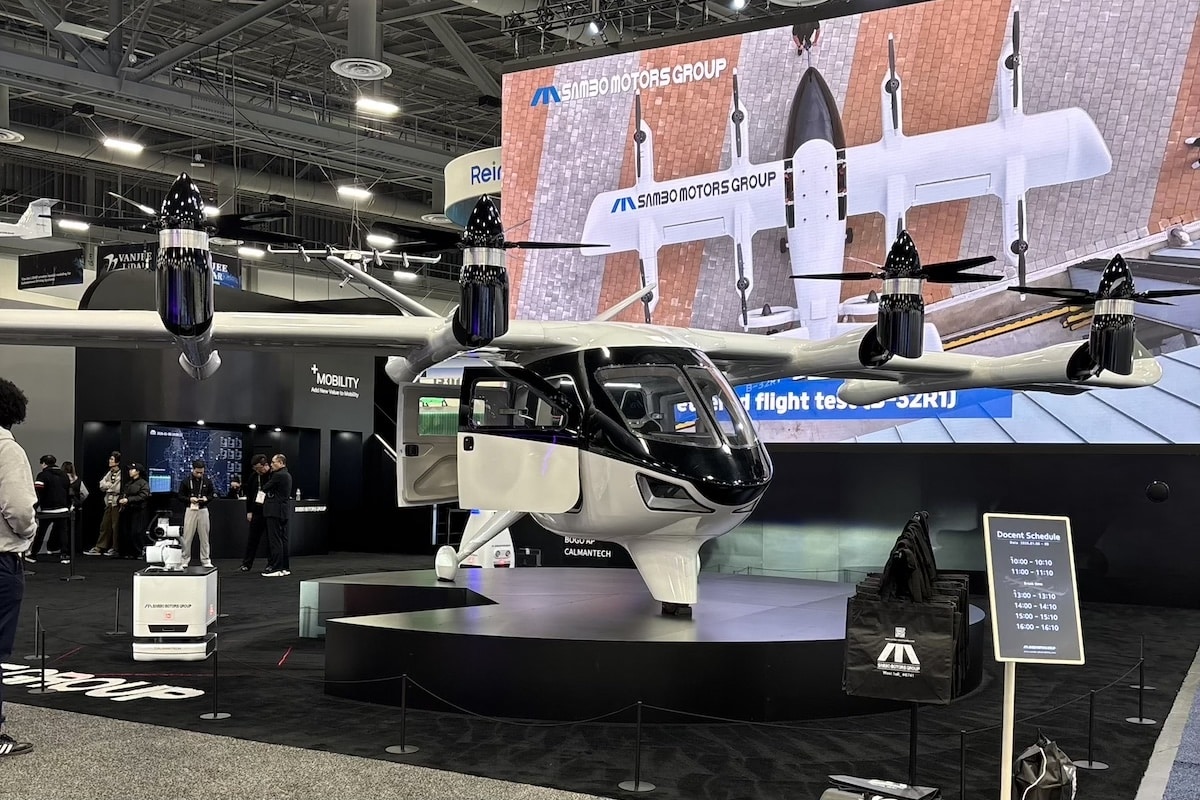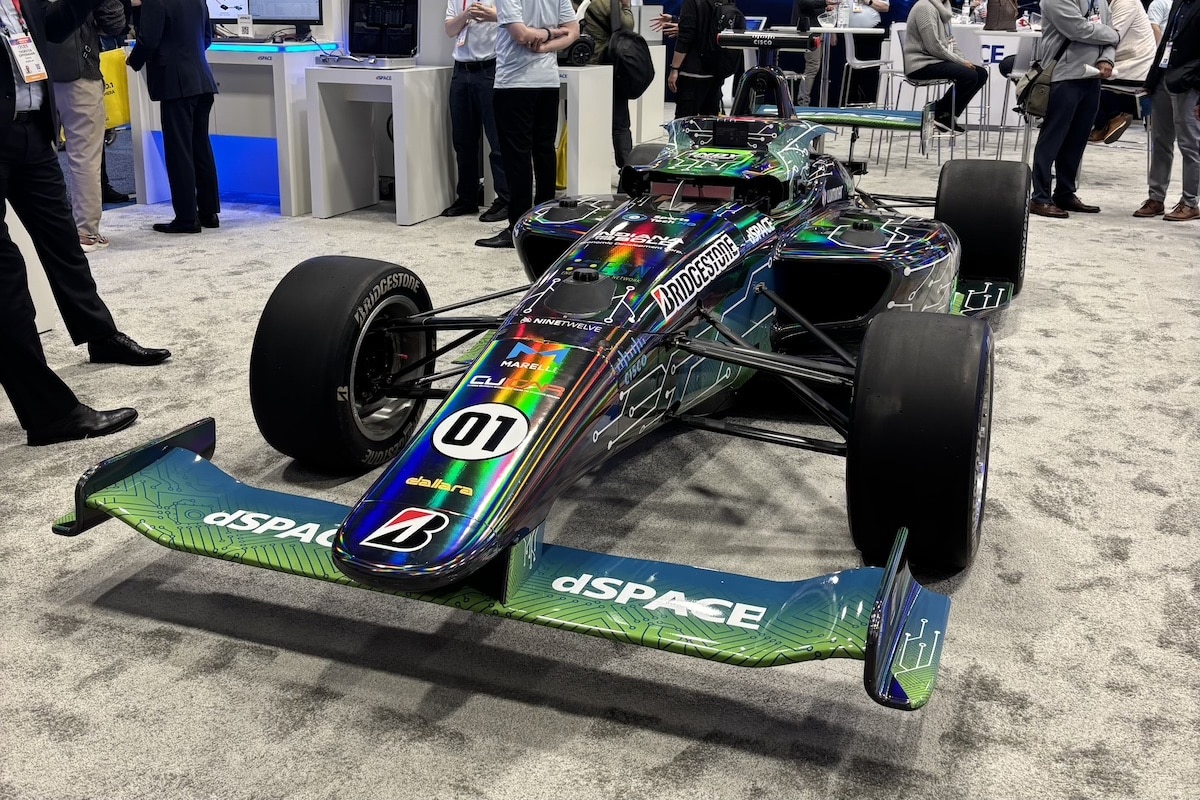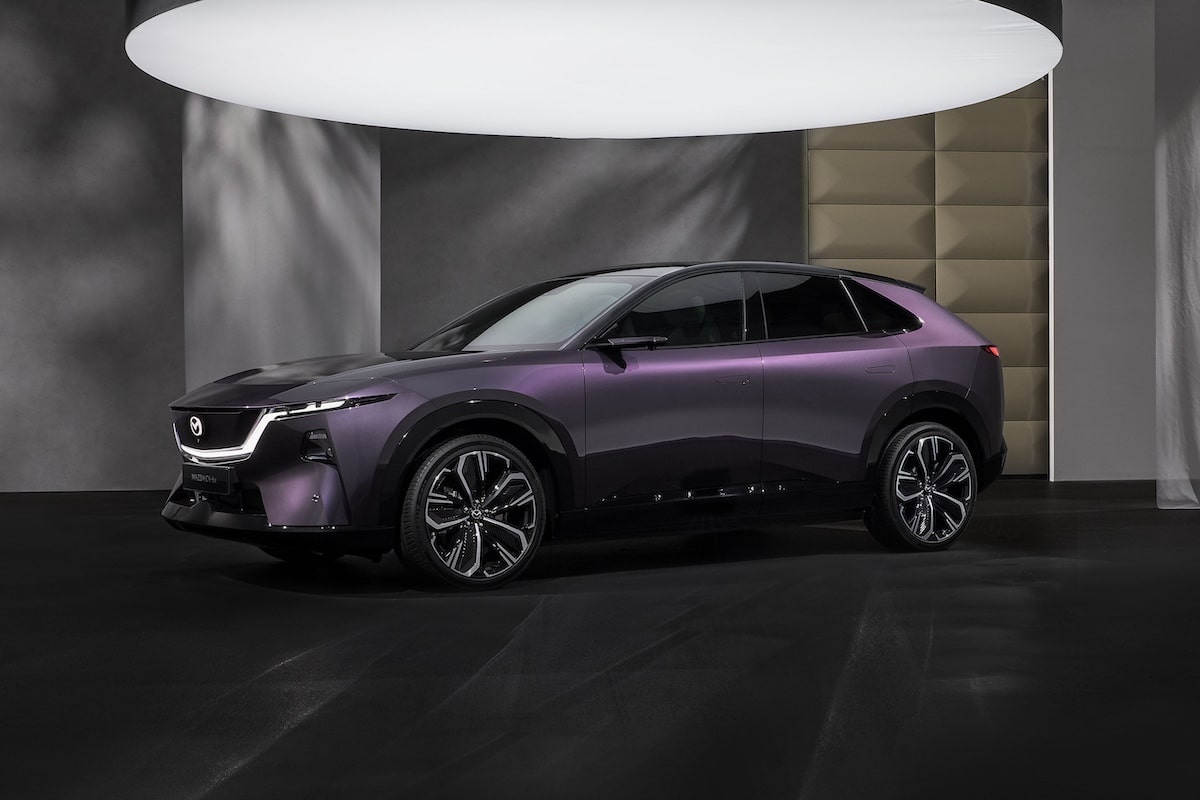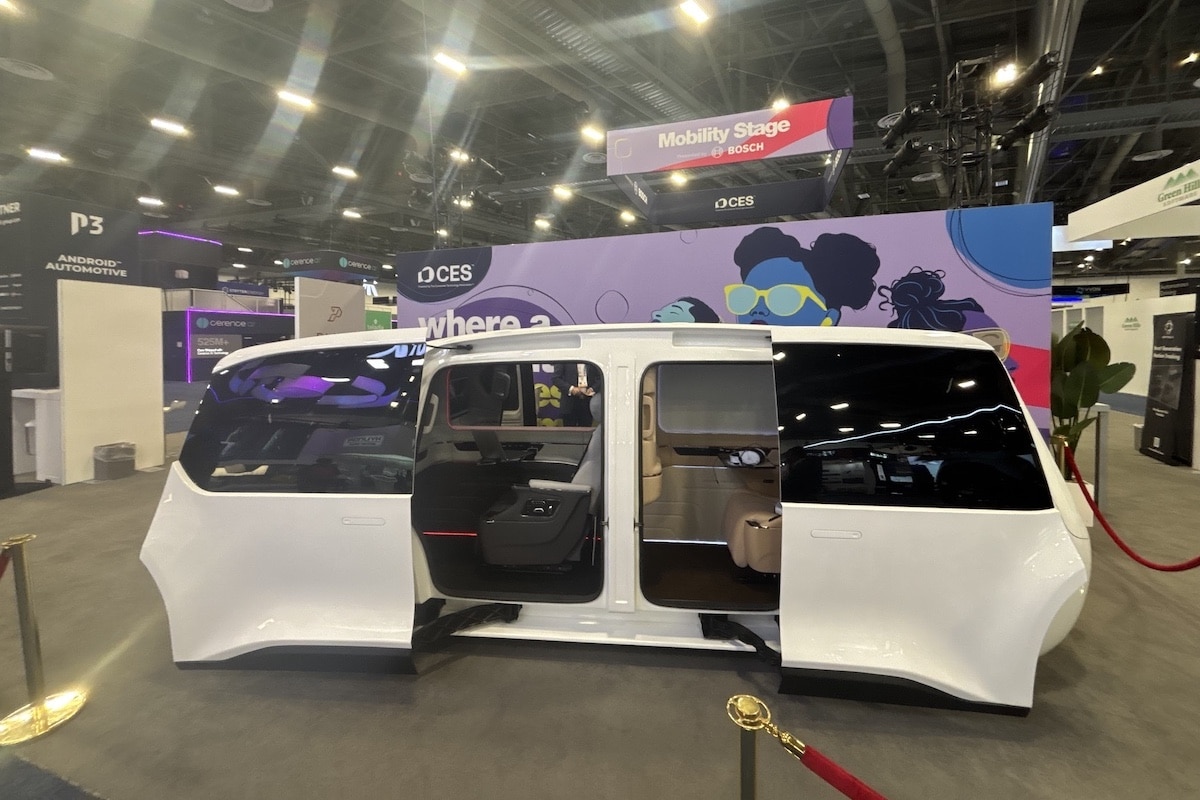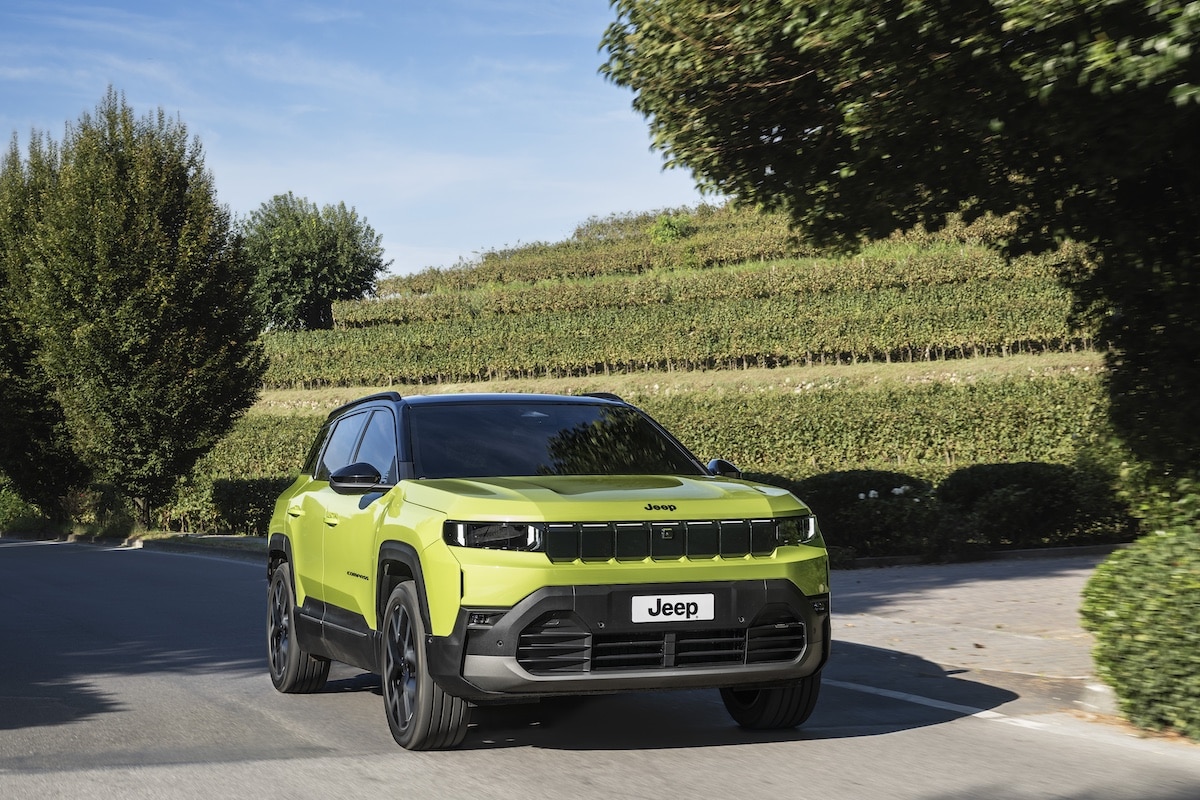Does motorsport still impact our cars today?
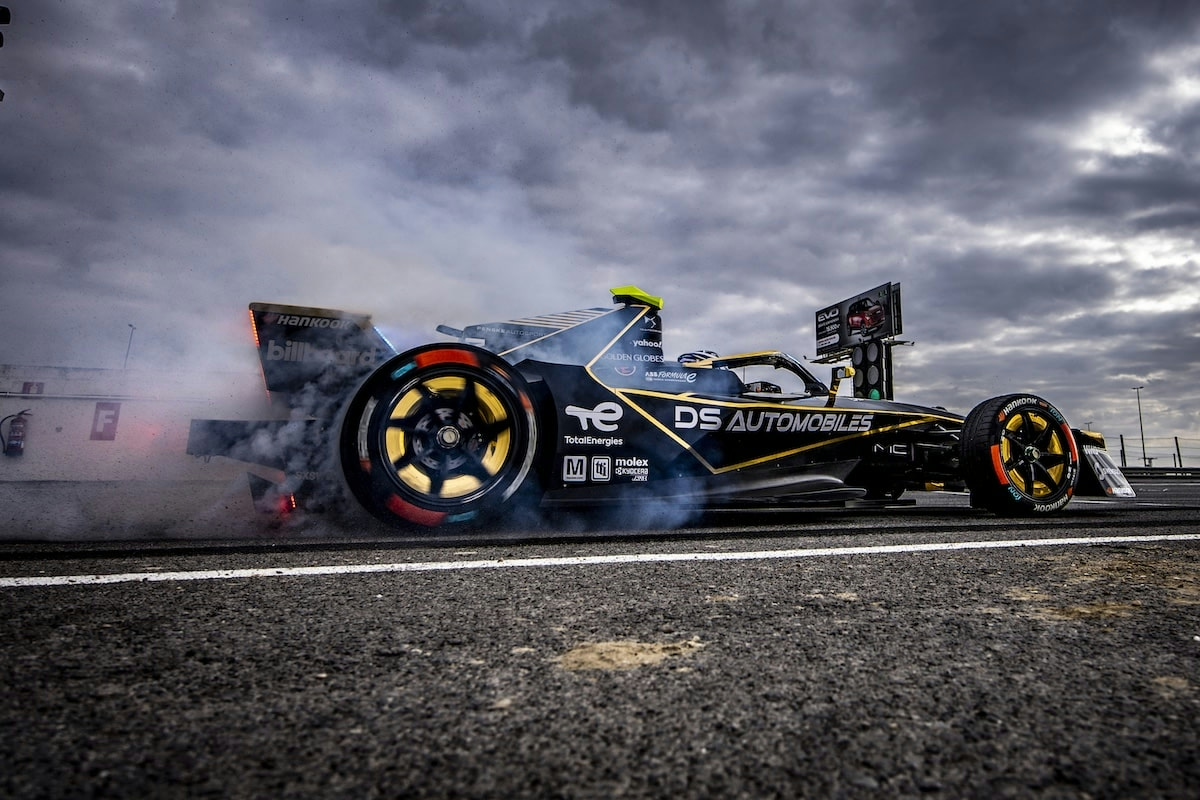
While making a sharp turn towards electrification, does motorsport remain a fertile ground for technological innovation?
Do advancements from racing circuits continue to influence the development of production cars? While modern hybrid technologies rival the most advanced systems in Formula 1 in terms of efficiency, the emergence of electric competition might well redraw this dynamic.
Since the 1970s, Formula 1 has served as an open-air laboratory for technologies that have later been transferred to mass-market automobiles. Turbo, for example, was a cutting-edge innovation in paddocks before becoming a staple in our everyday engines. However, today, consumer hybrid systems have reached such a level of sophistication that they no longer have much to envy from F1 systems.
Electric racing, a new exploration ground
The rise of electric competition, however, opens new perspectives. Involved in Formula E since 2015, DS Automobiles uses this discipline to refine electric technologies that equip its production vehicles. The brand’s new flagship, the N°8 model, exemplifies this symbiosis. With a record range of 750 km on the WLTP cycle, it incorporates solutions directly inspired by racing circuits.
One of the most striking examples is regenerative braking, a crucial tool in Formula E. Activated as soon as the driver releases the accelerator, this feature allows recovering part of the kinetic energy. On the N°8, three levels of regeneration are available via steering wheel paddles, complemented by the One-Pedal mode, which facilitates smooth driving without using the brake pedal.
Another innovation from racing circuits is intelligent management of all-wheel drive. Just like the DS E-TENSE FE 25 single-seater in competition, the N°8 AWD LONG RANGE optimizes its traction at startup thanks to its four-wheel drive, thus providing superior performance on all types of terrain.
Electric racing represents a new momentum for automotive innovation. Lessons learned from electric circuits promise a future where performance and sustainability coexist harmoniously. Thus, if Formula 1 revolutionized the past, racing can continue to shape the future.
READ ALSO: Prince Albert II of Monaco behind the wheel of a hydrogen race car
This page is translated from the original post "La compétition automobile a-t-elle encore un impact sur nos voitures ?" in French.
We also suggestthese articles:
Also read
